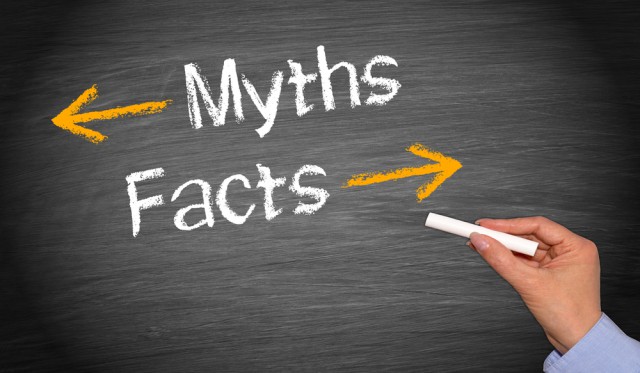Just when you thought we had gotten past having to explain Gene Hackman’s unethical behavior as a trial consultant in “The Runaway Jury,” “Bull,” the TV show on CBS steps in.
Bull tends to espouse two things that real-world trial consultants never do:
- He says he hates attorneys;
- He talks about manipulating jurors.
#1 is just patently wrong and not worth my time discussing, so let me move on to #2:
Maybe I’m just mincing words so I feel good about myself, but let me start with an analogy . . .
I am a cyclist. I race. My specialty area is the time trial–each rider rolls off the start line individually at 30 second intervals and it is a race against the clock. Once everyone is done, times are listed from fastest to slowest. During the race you have no idea what place you are in.
For my last race I was 100% compliant with my coach’s training plan. I was as prepared as I could be. On race day I was about 95% compliant with his race plan. There was one stretch where he wanted me to speed up, but, try as I might, I could not. At the end of the day, I finished 2nd [the position my brother reminded me is the “first loser.”]. I controlled everything I could, but I could not control or “manipulate” the effort of the guy who beat me.
The analogy to me as a trial consultant is clear [and I share this with anyone who asks]:
1. Our clients have only one chance to put on their case in front of a jury. All the practice arguments, PowerPoint slides, animations, etc., that we test in front of focus groups and mock jurors are performed to hone in on making the telling of our story the best that it can possibly be. We are sophisticated in our practice and rehearsal techniques and we learn [by trial and error, experience, and feedback from our test audiences] what works and what does not. The feedback shapes our final effort.
2. Our clients are allowed to have a fair and impartial jury hear their case. We cannot advise a judge who to put on the jury, but we can suggest to our trial team who to take off. Our science makes us very good at finding even the tiniest bit of bias that a prospective juror might hold against our client. Those data tell us how to advise out attorney: who that person is and why they might hurt us. Most of the time we are faced with finding relative levels of bias and challenging the most biased while having to settle for some remaining bias among other jurors. The point is, our job is to eliminate as much bias as possible. Just because we are very good at what we do does not mean we have manipulated anything at all.
3. . . . then we have to sit back and wait for the outcome. We have no idea what “place” we are in as the trial progresses. We have no control over what the other side might do, what the judge might decide on any given motion/objection, what jurors decide is important or not to them, or how the dynamics of the deliberations are going to play out.
We do our pre-trial work to be fully prepared for our one shot at a decision and the rest is out of our control and beyond manipulation.
Most days we come in first, but some days, try as we might, we are still just the “first loser.”
Share This Story, Choose Your Platform!
Click below to add your email address to our mailing list and receive the latest Persuasion Tips right in your inbox!

